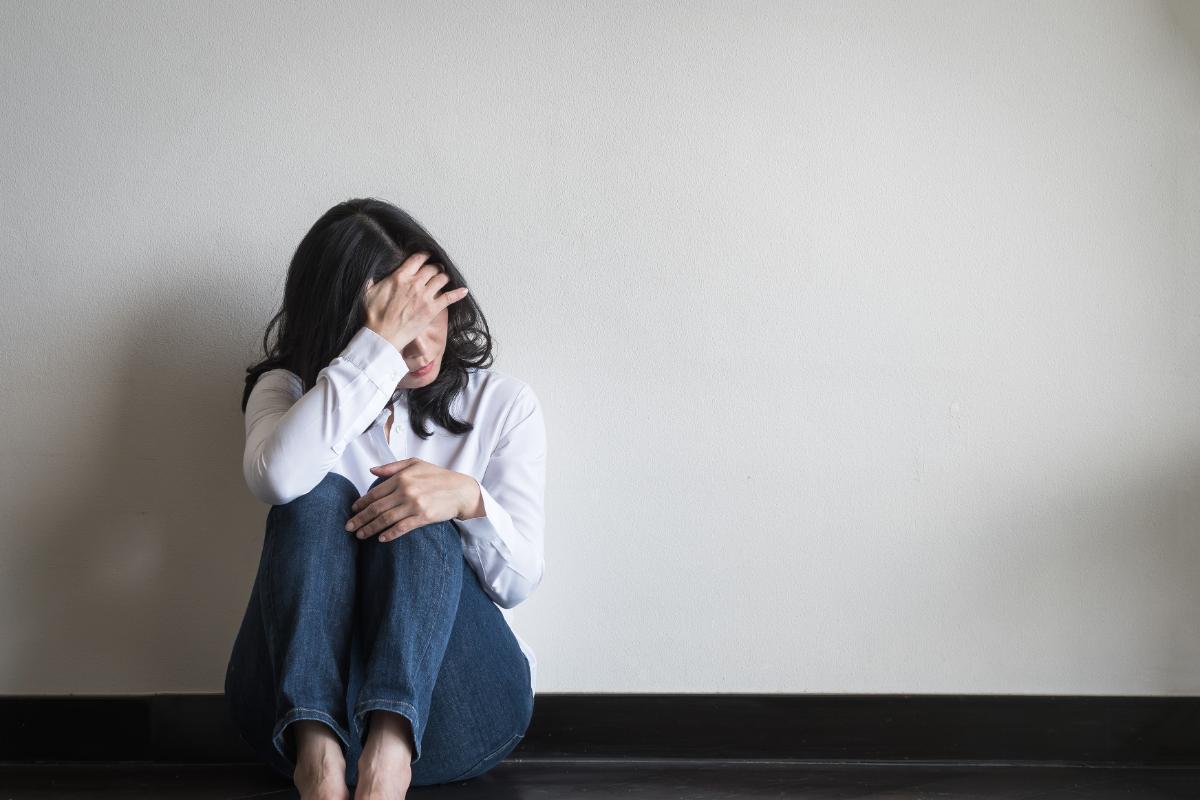In understanding the difference between opiates vs. opioids, a useful distinction lies in exclusion categories: all opiates are opioids, but not all opioids are opiates. That being said, the two classes of drugs function in essentially the same way and both can be very dangerous when used outside of their intended scope. If you or a loved one is living with opioid or opiate use disorder and is ready to begin treatment in beautiful Florida state, call Gulf Breeze Recovery at 833.551.2304. Learning what substance abuse treatment programs may be right for your circumstances and preparing for the realities of rehab are important first steps. Our caring staff would be happy to answer your questions and get you started with intake.
What’s the Difference Between Opioid and Opiate?
The official “Opiate” definition refers to a class of drugs that originate with the poppy plant and includes codeine, heroin, opium, and morphine. They are potent painkillers that reduce nervous system signaling related to physical and psychological pain. This makes them useful drugs for coping with surgery, severe injury, and chronic pain. With their profound neurological impact, however, comes a heightened addiction potential. In addition to blocking pain signals, they increase dopamine activity. This brain chemical plays a major role in sensations of pleasure and reward. The more a person uses opiates, the less their brain can regulate these experiences on its own. Cravings and overuse then easily result.
The “Opioid” definition is simply a broader term for the same basic type of substance. Unlike “opiate,” however, it is not limited to plant-derived versions only. Rather, synthetics and semi-synthetics also fall under the “opioid” umbrella. Thus, drugs like fentanyl, hydromorphone, methadone, hydrocodone, tramadol, and oxycodone are all opioids. While both opioids and opiates act as central nervous system depressants, synthetics are often much more potent than their naturally derived counterparts. Fentanyl, for example, which is famously implicated in thousands of deaths each year in the U.S., is deemed to be around 50 times stronger than heroin.
Sadly, opioid abuse remains a major problem in the country, in part because of the drugs’ very rapid ability to cause physical dependence. Just a few uses may be enough to trigger an unhealthy dependence behavior pattern for some individuals. Moreover, due to the drugs’ potent effects on heart rate and respiration, overdoses can often result in death due to oxygen loss to the brain and other vital organs. Further complicating matters, drugs purchased illegally may have a very different composition than what the buyer believes them to be. This worsens the odds of lethal overdose substantially.
Key Signs that an Opioid or Opiate Use Disorder May Be Present
Getting effective intervention quickly is essential for your long-term odds of recovery. Opioid use disorder creates a substantial risk of accidental death, so it’s important to know the signs that it may be present. Here are a few indicators to watch for as you or your loved one navigates this challenging situation:
- Regularly depressed heart rate or shallow breathing
- If you try to quit, you experience withdrawal effects like nausea or sweating
- Ongoing fatigue or low-energy
- Cold, clammy skin or slightly bluish complexion
- Loss of appetite, potentially resulting in weight loss
- Upset stomach or nausea
- Decreased libido
- Loss of interest or investment in work, school, hobbies, or primary relationships that previously held significant interest
People living with opioid or opiate abuse disorder often also find themselves putting their next dose above all else. This can lead them into dishonest behaviors like “doctor shopping,” in which they try to get a prescription filled by multiple providers to increase their supply. People living with dependence may also steal others’ prescriptions or attempt to buy them illegally. Signs of secrecy and dishonesty are thus sometimes indicators that there may be an underlying substance use disorder.
Remember that if you or your loved one is in this situation, you are not alone. Millions of people deal with opioid or opiate dependence and, ultimately, recovery. Getting quality treatment is key since it allows you the benefit of supervised detox, evidence-based talk therapies, and group support. Importantly, you can also examine and address any mental illness that may underlie your drug use in the form of a dual diagnosis.
Start Healing with a Substance Abuse Treatment Program at Gulf Breeze Recovery Today
At Gulf Breeze Recovery, we proudly offer a range of treatments that can help you and your loved ones recover from opioid or opiate use disorders. Our programs range from primary interventions like medical detox and residential treatment to intensive outpatient programs and aftercare. We truly strive to be with you every step of the way, providing resources and wraparound support.
At our beautiful Gulf Breeze, Florida, location, you or your loved one can experience the best of what it means to commit to recovery. Call us at 833.551.2304 or fill out our confidential online contact form to get answers to your questions or begin enrollment.







